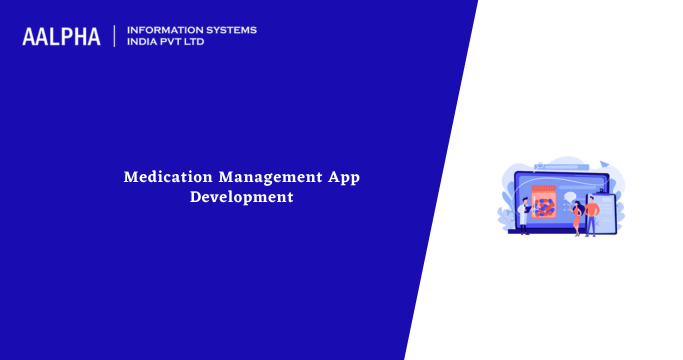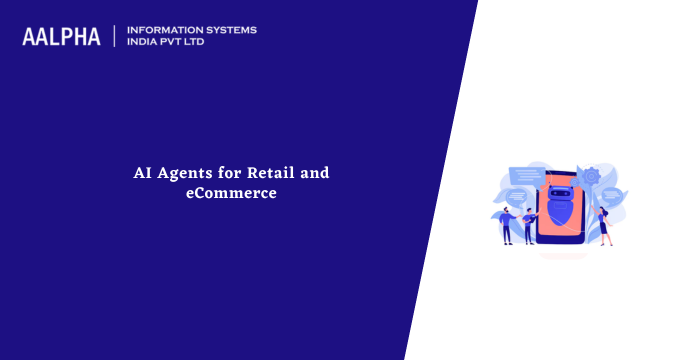It is reasonable to conclude that 2024 has been one of the most significant years for the fintech (financial technology) industry. Due to a devastating pandemic across most of the world, the digital world has had to rely on buyers, individuals, and companies more than ever before. There was never more requirement for financial services that make 2024 a year of immense significance in the evolution of this booming industry.
As per the reports, the global fintech market is expected to reach a market value of $305 billion by 2025.
The following are some key areas that are to be prominent in 2025 regarding FinTech.
Top FinTech Trends 2025
-
Online Banking
With more people than before bound in their homes, the demand to visit face to face establishments has surged inevitably.
Online banking is more comfortable than ever, with customers now being able to access a wide range of personal financial data and carry out important tasks with just a handful of taps on their smart devices, because of the significant advances in artificial intelligence, biometric data, online banking, and cybersecurity.
Moreover, we can also see the simultaneous collapse of document banking with the emergence of online banking. With consumers engaging with their banks via applications and online mail, and with deals signed using paperless technologies. Digital Banks are likely to play an even greater role by 2025. Moreover, the pandemic has intensified the transition toward a world without paper.
-
Cryptocurrencies
The cryptocurrency has witnessed a revival in interest in 2025 again. And to finish the year, Bitcoin has recently spectacularly broken records.
On this circumstance, though, the amount of retail buyers who currently have Bitcoin and other cryptocurrencies on the marketplace is substantially larger than the long-term.
At sky-rocketing levels and potentially staying there over the year, investors searching for good returns have limited asset class choices. In 2025, investment interests in crypto-currency space have since expanded, such as Bitcoin and Ethereum, which offers a decentralized finance platform.
Check: blockchain development services
-
E-commerce
Online Shopping has forever been influenced by COVID-19. The COVID-19 pandemic has intensified the transition to a more modern environment in many countries, and in the coming years, the growth of retail services has undoubtedly increased significantly, because of the advent of the pandemic.
Moreover, E-commerce in most parts of the world should expand strongly, as online shopping is part of the modern standard.
In most groups, online sales soared to a 10-percentage increase globally. Electronics, pharmaceutical products, education, home appliances and, personal care types, are the main beneficiaries.
-
Contact-free transaction
The coronavirus pandemic is pushing a significant global transition from cash to contactless digital payments, as socially distant constraints remain strong across the world.
When the pandemic struck, people began to look at how they invested money and people realized they did not want to adjust currency.
Contactless wireless payment has changed from an optional capacity to the main service which will become a must only in the future. Surely, this is the pattern with companies like PayPal, Square, and Apple Pay, which have contactless payments.
-
Evolving AI
Perhaps the most critical tech class of all is artificial intelligence (AI). Fintech tools and applications will continue to use AI more extensively in 2025 than they have done so far. The opportunity for AI use in fintech will continue to expand drastically, be it chatbots answering banking consumer questions, fraud detection platforms that check the authenticity of knowing your customer (KYC) paperwork, or analytical engines processing vast quantities of data.
In 2025, AI will get smarter, with specialized chatbots and features like switching services, credit providers, and prevention of fraud. This will improve the accuracy and personalization of financial services. More importantly, enable individuals to better access personal finance products, ultimately improving people’s financial well-being and supporting those who want to keep track of their finances during these uncertain times.
-
Regulatory technology
Regulatory technology automates risk assessments and insights into big data using AI. The number of regulations is growing with data collection. Increased supervision puts the burden of complying with numerous new legislation on finance firms.
-
Voice Technologies
Voice technology can result in being an interactive service by the provision of simple account or credit limit information, answering standard customer queries, making routine deposits, categorizing calls, and leading customers to the right locations. Furthermore, the voice of the consumer may be used to approve payment as biometric results, which are often called voice payments.
With this kind of banking, customers are increasingly satisfied. Lastly, the ability of voice transfers is incredibly high, as money is exchanged from accounts of associates. The need for voice recognition would encourage providers to improve the banking experience for their users.
Conclusion
The growth of the financial services market is accelerating. In response to consumer requests, the FinTech developments we mentioned above appeared. They assist businesses to provide better services. Moreover, allow greater access to financial information, greater transparency, fast processing, safer identification, and better customer service.
To offer what consumers want, the market needs a full digital transformation. Consumers can benefit from enhanced customer support in the future. However, with Fintech’s quick rate of growth, more institutions will understand benefits earlier such as cost savings.
If you have an idea to build a fintech application, connect with fintech app development company!
Also check: Cost of Building a FinTech App




Share This Article:
Written by:
Muzammil K
Muzammil K is the Marketing Manager at Aalpha Information Systems, where he leads marketing efforts to drive business growth. With a passion for marketing strategy and a commitment to results, he's dedicated to helping the company succeed in the ever-changing digital landscape.
Muzammil K is the Marketing Manager at Aalpha Information Systems, where he leads marketing efforts to drive business growth. With a passion for marketing strategy and a commitment to results, he's dedicated to helping the company succeed in the ever-changing digital landscape.